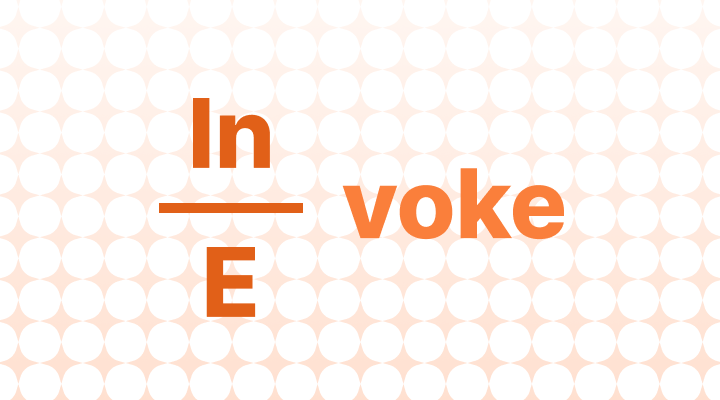Do invoke and evoke mean the same thing?
Although similar with a slight overlap in meaning, invoke and evoke are two different words that are used in different context. First, let us look at the dictionary definition of invoke and evoke.
Invoke: to cite, to mention, to call on, give rise to, to appeal
Evoke: to recall, to cause or elicit a response, to call on
Notice that both words can be used to mean “to call upon” or “to conjure.” In the Oxford Languages dictionary under the definition for invoke, one of the meanings is evoke, and under the definition for evoke, one of the meanings is invoke. Although the meanings overlap, the two words are used in different situations.
Invoke is used in situations when you are mentioning a law or legal right, calling upon help from another person or organization, or calling upon an entity for something.
You can invoke a certain law in court.
Your country can invoke help from another country.
You can invoke deities when facing hardships.
Evoke is used in situations when you are recalling a memory, elicit a certain emotion from someone, or cause a particular response.
You can evoke memories of the past.
You can evoke sadness in others by telling a sad story.
You can evoke sneezing by tickling your nose with a feather.
Example sentences
Below are examples of invoke and evoke being used in sentences.
Invoke
- The refugee invoked help from the locals when he was seriously injured.
- The lawyer invoked the right to bear arms in his argument in court.
- Many smaller countries invoke the aid of larger superpowers during times of war and oppression.
- The software invokes applications like WordPad and TextEdit to open the text.
- The religious mother invoked the gods in desperation.
- The philosopher invoked the names of Socrates and Aristotle during his speech last Wednesday.
- The mysterious man invoked blessings upon the sick elderly woman, and she miraculously overcame her illness.
Evoke
- The interviewee told a sob story to evoke pity in the audience.
- Although an adult fiction book, the fantasy story evoke feelings of nostalgia within its readers.
- The investigator evoked memories of similar cases he solved in the past to help himself think of a solution for the current one.
- The fierce growl of the dog evoked fear within the cat who quickly ran away in response.
- The experimenters were trying to evoke feelings of empathy within the patient that was diagnosed as a sociopath.
- The unique scent of the flower evoked a range of different feelings, from nostalgia to serenity.
- The smell of this new perfume can evoke images of fresh laundry drying in the sun.

Practice questions
Do you think you can now distinguish between when to use invoke and evoke? Test yourself out with these practice questions! The answers are at the end of the page.
- The criminal invoked/evoked his right to remain silent when he was getting arrested.
- These shades of blue in this piece of art invoke/evoke melancholy.
- Terry’s five-year-old son loves to invoke/evoke annoyance in others by asking them endless questions.
- The young girl invoked/evoked the shaman to heal her sick little brother.
- Leah invokes/evokes fear in everyone who talks to her because of her intimidating demeanor.
- The small city-state invoked/evoked aid from its neighboring superpower when it was being targeted and attacked by other countries.
- The film was a feel-good movie, invoking/evoking feelings of joy and bliss in its viewers.
- The software invokes/evokes another program to do its computing and caching.
- The young man invoked/evoked scenes of his childhood to try to remember what his father looked like.
- The constant stomping from the upper floor invoked/evoked anger within Tia.
Answers:
- invoked
- evoke
- evoke
- invoked
- evokes
- invoked
- evoking
- invokes
- evoked
- evoked













